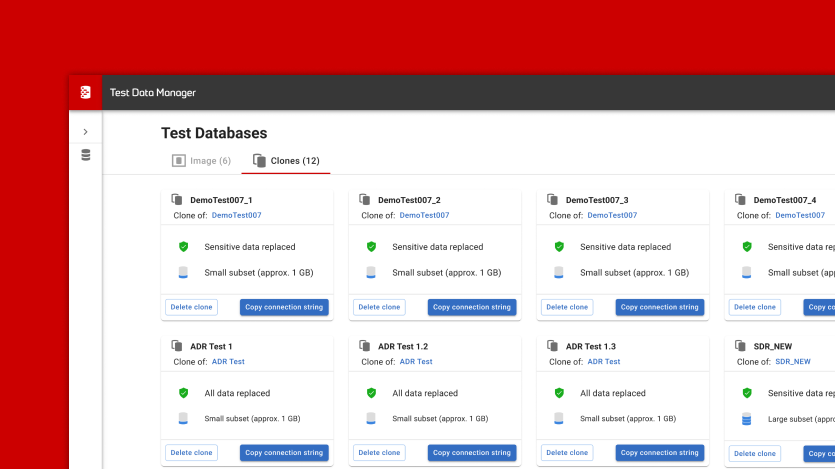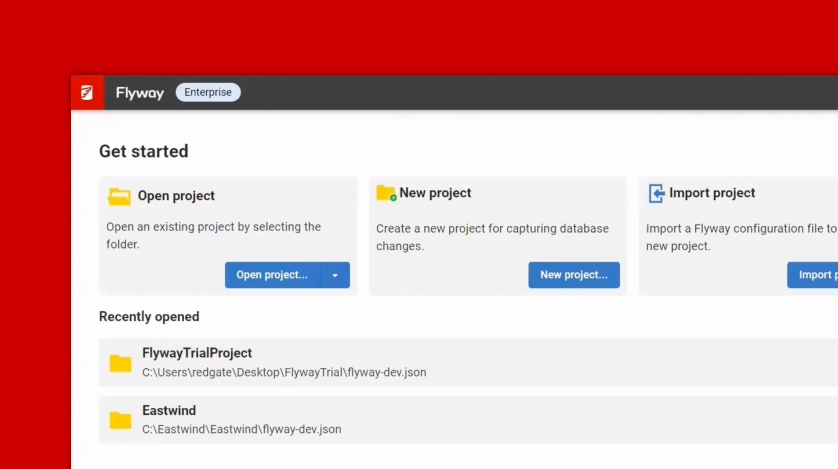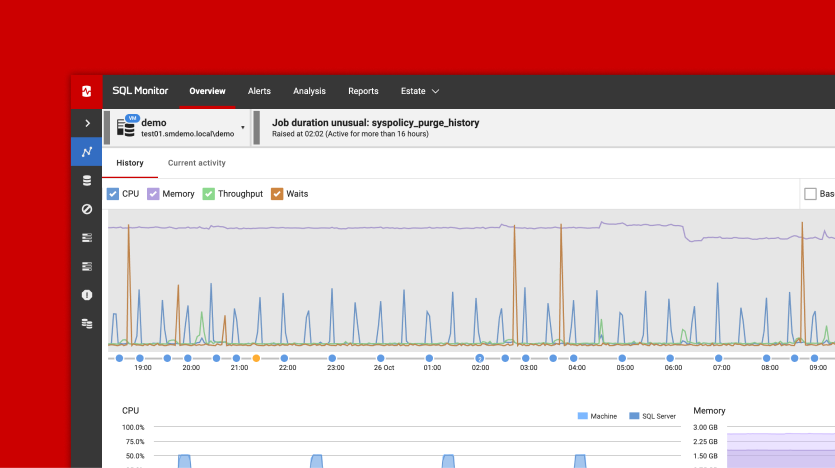How my sabbatical benefited both Redgate and me

I consider myself to be really lucky to work for a company that values its employees. One of the ways it shows this is by offering staff a six week paid sabbatical for every five years we’ve worked here.
Yes, you heard me right – after just five years! And yes – paid!
Simon Galbraith, our CEO, has been known in the past to encourage staff to do something really worthwhile and not just go on a glorified holiday. I opted to travel to Australia and New Zealand (with my husband who negotiated time off – albeit unpaid – from his employer) and, since that probably does count as a glorified holiday, I sent Simon an email on my return thanking him for keeping sabbaticals in place, despite the fact they can create quite a disruption. I also shared with him what I thought the benefits were, which I’d like to share with you.
Warm, fuzzy feelings about Redgate
Every time I told someone about my trip, I found myself saying, “I’m incredibly lucky to work somewhere where we get a six-week paid sabbatical after five years”. This in turn made me feel more grateful for the experience and to Redgate. Likewise, it really impressed them, which helps Redgate’s reputation as an employer.
Health benefits
I had to plan carefully for my absence to ensure my key responsibilities were covered. This meant I didn’t return to six weeks of saved-up work (as can be the case for a shorter holiday). As such, I got a great chance to switch off and recharge. I also had the extra benefit of coming back to a different role, so I was truly able to leave one role behind and come back fresh to another.
I love too that Redgate really encourages people to stay away from emails when away. In fact, the last thing I did before leaving was to ask our IT folks to change my password so I wasn’t tempted to look at emails (not entirely trusting myself on that count!). Consequently I came back feeling really refreshed and ready to tackle my new role.
Benefits to your team
On the face of it, a team member going on sabbatical is a disruption and, unsurprisingly, I talk about this from the perspective of my peers going on sabbatical rather than my time off. However, even this cloud, I believe, has a silver lining.
When going away for a long time, you need to plan for your absence thoroughly. Therefore, you and your peers get a clear picture of what your key responsibilities are and what might drop on the floor when you’re not there. It also gives others a chance to try out parts of your job while you’re gone. For example, when my line manager went away I got to run the Product Division Show and Tell and write the weekly update.
Finally, the person who has had the sabbatical comes back hopefully refreshed and with any luck a better teammate.
It may be the catalyst for change
Sometimes, of course, Redgate has staff whose sabbaticals give them the time to reflect and decide they want to move on. Often this move is something more significant than simply changing jobs – one colleague decided to train as a nurse and two others have set up their own businesses.
I would argue, though, that it’s better someone has a chance to realise what they want from life, rather than stay in a job they’re not enjoying, as ultimately that does them and Redgate no good.
New experiences
 Finally, there is simply the very personal benefit of getting the chance to do something you wouldn’t otherwise have done. My husband and I wouldn’t have chosen to go all the way to the other side of the world for a normal holiday as the travel time and cost just didn’t feel worth it. It turns out we really loved both Australia and New Zealand and are extremely glad we got to experience them. While away, I also wrote a travel blog which I really enjoyed doing and that’s something I wouldn’t have done for a regular holiday.
Finally, there is simply the very personal benefit of getting the chance to do something you wouldn’t otherwise have done. My husband and I wouldn’t have chosen to go all the way to the other side of the world for a normal holiday as the travel time and cost just didn’t feel worth it. It turns out we really loved both Australia and New Zealand and are extremely glad we got to experience them. While away, I also wrote a travel blog which I really enjoyed doing and that’s something I wouldn’t have done for a regular holiday.
And I got to see New Zealand’s Lake Wakatipu, one of the most amazing views I’ve ever seen from a plane.
A long break forces you out of your usual routines (it took us about a week to stop automatically switching on the TV in the morning), and that gives you a chance to question what you value. For example, I found living in a campervan for 12 days a great grounding experience in terms of what you really need, and it also gave me a real appreciation of mains connected plumbing!
Last thoughts
I should finish by saying I’m writing this having been back at work for over four weeks and, while the initial sabbatical-buzz has worn off, I’m still feeling a tangible benefit from having been away and very grateful and lucky for the experience.






